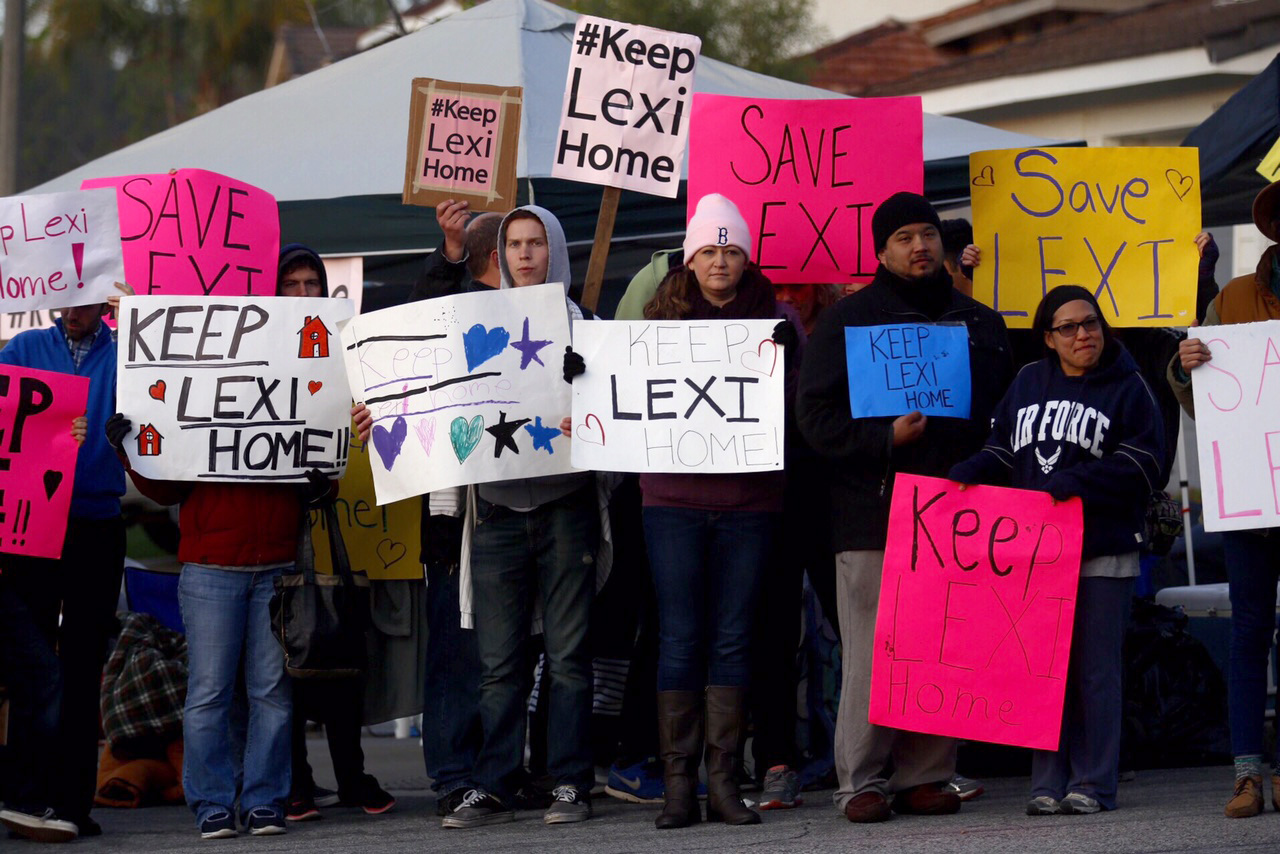
The California Supreme Court ruled on Wednesday that it would not get involved in the Page family’s fight to regain custody of 6-year-old part-Native American girl Lexi, who was their foster child until recently, ABC 7 reports.
According to the network, the Page family’s lawyer, Lori Alvino McGill, expected the court’s decision, but said it was a gamble she had to take, adding that each day “without a stay threatens irreparable harm to the Pages and Lexi.”
Lexi, who is 1.5 percent Choctaw Native American, was removed from her foster family’s home earlier this month after living with the family for 4 years. Following the emotional incident, Rusty and Summer Page vowed to do whatever they could to get the child back, as they have been trying to officially adopt her for some time.
Just one day after Lexi was taken from their custody, the family filed a request to have their appeal heard by the state Supreme Court, after lower courts had previously determined that removing the girl from the home would not cause emotional harm.
Lexi’s court-appointed legal representative Leslie Starr Heimov, who works with the Children’s Law Center of California, told ABC that despite their sympathetic portrayal, a court ruled three years ago that Lexi should be removed from the Page family’s custody.
“It was their litigation that prevented her from moving when she had only been with them for a year,” she added.
Lexi was removed from the Page family’s home in compliance with the Indian Child Welfare Act and placed with extended family in Utah where her half-sister currently lives in the same house, and another sibling lives down the street.
Although the family members are not blood-related to Lexi, Heimov said in an earlier statement that they “are not strangers in any way, shape or form,” as she has been in contact with them through messages and they’ve made monthly visits with her for the past three years.
According to ABC, the Pages have not been able to talk with Lexi, as promised, since she was moved, but Heimov said that in time the young girl will be able to maintain a relationship with the family and others who care about her. However, she added that because the dispute has become so public, where and how interactions will take place still need to be determined.
More Must-Reads from TIME
- Why Trump’s Message Worked on Latino Men
- What Trump’s Win Could Mean for Housing
- The 100 Must-Read Books of 2024
- Sleep Doctors Share the 1 Tip That’s Changed Their Lives
- Column: Let’s Bring Back Romance
- What It’s Like to Have Long COVID As a Kid
- FX’s Say Nothing Is the Must-Watch Political Thriller of 2024
- Merle Bombardieri Is Helping People Make the Baby Decision
Contact us at letters@time.com